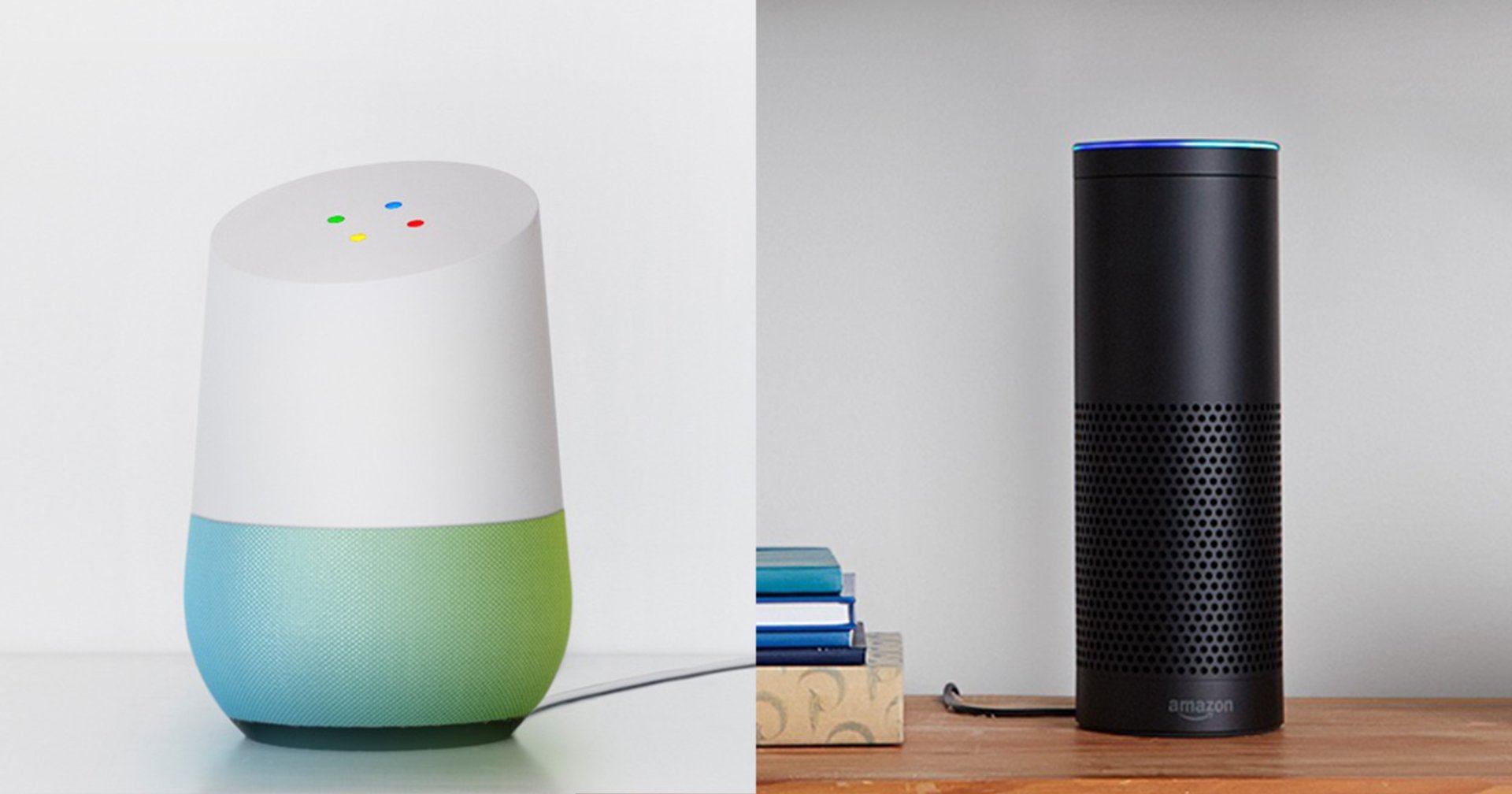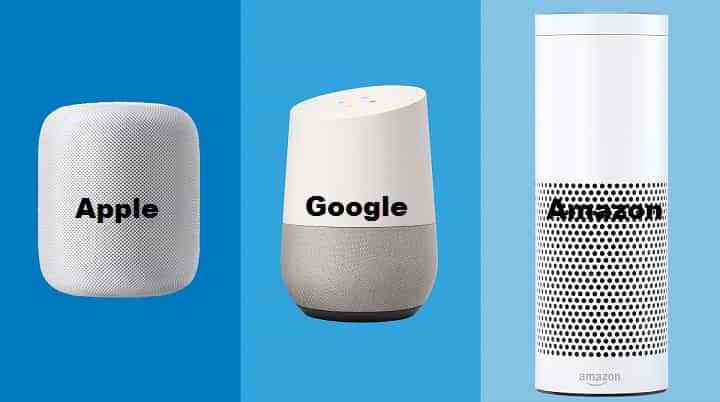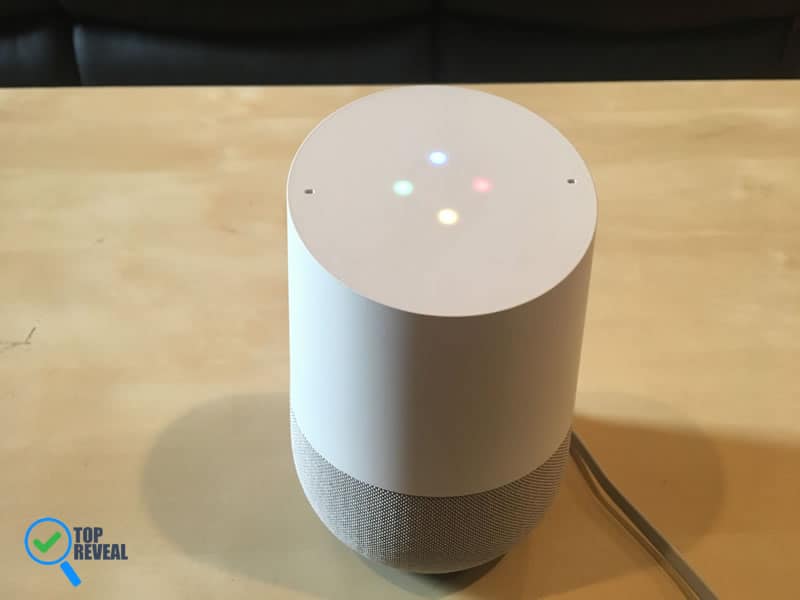Table of Content
So I have them paired with Alexa, and created virtual contact sensors in Hubitat. Then I setup a rule so daily, when no one is home the vacuums run. And, if everyone leaves, and it is after my daily check, then they will run. These are really the only wifi devices I have that don't integrate nicely with Hubitat direct.

Even the searches that we do locally on our devices or on the internet are voice-assisted. It’ll be great to see more mature voice assistants in the future. Apple's HomeKit is quite picky in terms of device compatibility. It is the poorest of the trio with support for around 450 smart devices in contrast to Alexa's and Google Home's thousands. However, HomeKit supports some popular smart home devices you'll most likely need.
Best smart home compatibility: Amazon Alexa
However, you'll enjoy seamless integration with a large array of Google branded smart home systems. Google home integrates easily with smart gadgets like Chromecast, Nest Cam, and the Nest Doorbell.
While Alexa's lists are easier to access, Google's images are absolute perfection for finding a specific item quickly. This is especially great if you help someone with their shopping or have someone shop for you. Alexa's flexibility with routines is akin to what you find in a smart home system like Samsung SmartThings, making it much more effective and easier to use. Another feature we like is the option to show curated photos from Google Earth and artwork when the screen's not in use. This is in addition to drawing from your Google Photos collection.
Multitasking: Google Assistant
Which one you decide to go with may well depend on which you personally prefer and what kind of products you're using than which is technically 'better'. So you can have a smart home without automations but it'd be hard to have automations without a smart home. It's crucial to choose the right smart home system because a smart home is an investment into your every day life.

Before researching systems, evaluate your goals for home automation. Are there specific rooms, tasks, or features that are most important to you? After determining your specific goals, finding the right system is much easier. Google is expecting to integrate Matter-supported devices with their current Google Home devices seamlessly.
Best home automation system without a hub
Just like Alexa, Google Assistant can be used to operate smart devices, answer questions, play music and games and more. This can make it difficult to effectively compare the two services in the Skills/App category. Fortunately, both companies are making great strides to work with as many products as possible and you can usually find the same apps/skills on both platforms. HomeKit also offers the most comprehensive smart home automation options and the best app interface. For people who already own and use a lot of Android products, however, Google Assistant is likely a better bet. There's a good assortment of compatible devices to choose from, and the Google Assistant itself is the smartest out of the three voice assistants.

This is a bit clunkier than Google Home, since you need to select a category first before controlling an individual device. For faster access, you can group devices or add them to your favorites, which places them in an easily accessible spot on the devices tab of the Alexa app. The first Echo device with Alexa voice services hit the market in 2014—two full years before the Google Home speaker landed. Because of this head start, Alexa supports more smart home devices than Google. Still, most major smart home device makers like Philips Hue and Samsung SmartThings support both.
The best part about the competition is that the tech will get sophisticated and will result in a better user experience. We have voice-based navigation and maps that direct us to our destination. With every patch and modification, these assistants become more responsive and accurate. The picture above shows the specialties of devices like Alexa in workplaces.

Alexa's voice recognition is SPOT ON, rarely misunderstanding a single word. Her down-side is that you have to be quite precise in your commands. Despite going in to Alexa's settings and grouping devices in to the same room/group, individual Alexa devices still don't seem to grasp their location.
Neither ZDNET nor the author are compensated for these independent reviews. Indeed, we follow strict guidelines that ensure our editorial content is never influenced by advertisers. Though I will say for the WAF factor, I think google works better than alexa. This way my wife doesn't need to know specific commands to do what she needs. She knows what all the lights are named, but she doesn't need to say a command in a specific way to get it to work.
However, in terms of future outlook, the playing ground is likely to be more level. Google Home is backed by Google's massive arsenal of AI technologies and experts. Today, however, we want to give you some insight into the Google Home. We don’t have nearly the time of using it compared to the Echo Dot, but we can’t wait for some of the new commands that are rolling out. For more stories like this, and to keep up to date with all our market leading news, features and analysis, sign up to our newsletter here.
It comes with better sound quality and a wall-mounting option to save space on shelves and tables. Much like early Android and iOS smartphones were worlds apart but now practically mirror each other in features, you can expect the gap between Alexa and Google Assist to narrow over time as they mature. Despite these strengths, the one you choose ultimately boils down to personal preference. I definitely agree with your point and in my research I noticed that for tools such as alexa that it allows independent programmers to create applications for alexa to grow in its use.

Businesses these days are looking for automation to save time and resources. Ever since the introduction of IoT, the technology industry has seen exponential growth in creating sensors and devices that collect unique data to transform reality. Although Siri is a robust voice assistant, it doesn't exactly meet the standards we've come to expect from Apple products. Today, we want to share a few links to reviews and articles that we have come across that will help shed light on these devices and different perspectives on the use of a Hub. Here, we focus mainly on the Hubs that are geared to doing an excellent job at controlling your entertainment needs as well as lighting….we are after all a Custom Audio / Video integrator. Smart speakers can do more every day, from telling time to monitoring your house for break-ins.
Check out our breakdown of compatible entertainment services to learn what works with each assistant. The only real difference is how voice search answers questions, with Alexa usually offering briefer answers and Google providing more detail. Even then, you'll likely get a satisfactory answer on most questions as long as you're not digging too deep into specifics. In practice, there's very little brand differentiation for the things you'll do most often with voice controls. Alexa sounds more sympathetic than Google, but not as confident.

Both assistants can listen for a few seconds after your first voice command, so you don't get weary of repeating wake words. The feature is called Continued Conversation on Google and Follow-up Mode on Alexa. This is a convenient option and pretty much the only way to issue multiple commands to Alexa.









